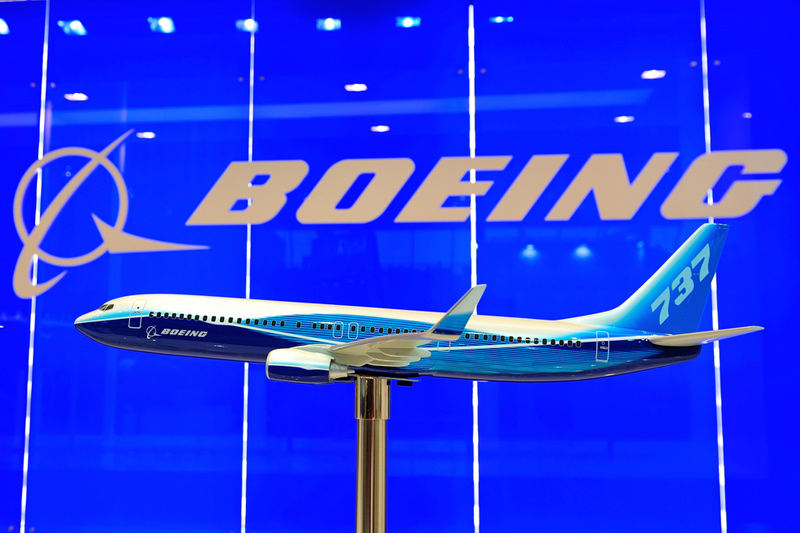This post was originally published on this site

WASHINGTON (Reuters) -The U.S. Senate Commerce Committee on Thursday said it would hold a March 8 hearing on efforts by the Federal Aviation Administration (FAA) to reform how it certifies new airplanes after two Boeing (NYSE:BA) 737 MAX crashes killed 346 people.
Acting FAA Administrator Billy Nolen will appear at the hearing.
Congress in 2020 passed sweeping reforms to address FAA certification efforts after the fatal crashes in 2018 and 2019 raised safety questions about the agency’s airplane certification program.
“We need a clear commitment that this legislation will be fully implemented, and that these reforms — ensuring designee oversight, mandating Safety Management Systems, and holding manufacturers accountable — are all adhered to,” Commerce Committee chair Maria Cantwell said at a hearing on Wednesday on President Joe Biden’s pick to head the FAA.
“We feel that industry and FAA got too cozy,” she said.
The FAA in January named a panel to review Boeing’s safety management processes and how they influence the company’s safety culture.
A U.S. 2020 House of Representatives committee report said the MAX crashes “were the horrific culmination of a series of faulty technical assumptions by Boeing’s engineers, a lack of transparency on the part of Boeing’s management, and grossly insufficient oversight by the FAA.”
Congress in December voted to lift a deadline imposing a new safety standard for modern cockpit alerts for two new versions of the 737 MAX that could have put the sale of those new models at risk.
The FAA in September finalized a policy to protect aviation employees who perform government certification duties from interference by Boeing and others.
The FAA in May opted to renew Boeing’s Organization Designation Authorization (ODA) program, which directs and ensures the consistency of the FAA’s oversight, for three years rather than the five years Boeing sought.
The FAA continues to subject Boeing to enhanced oversight, inspecting all new Boeing 737 MAXs and 787s before they can be delivered.
The Transportation Department’s Office of Inspector General in November said it would audit the FAA’s oversight of the MAX.

